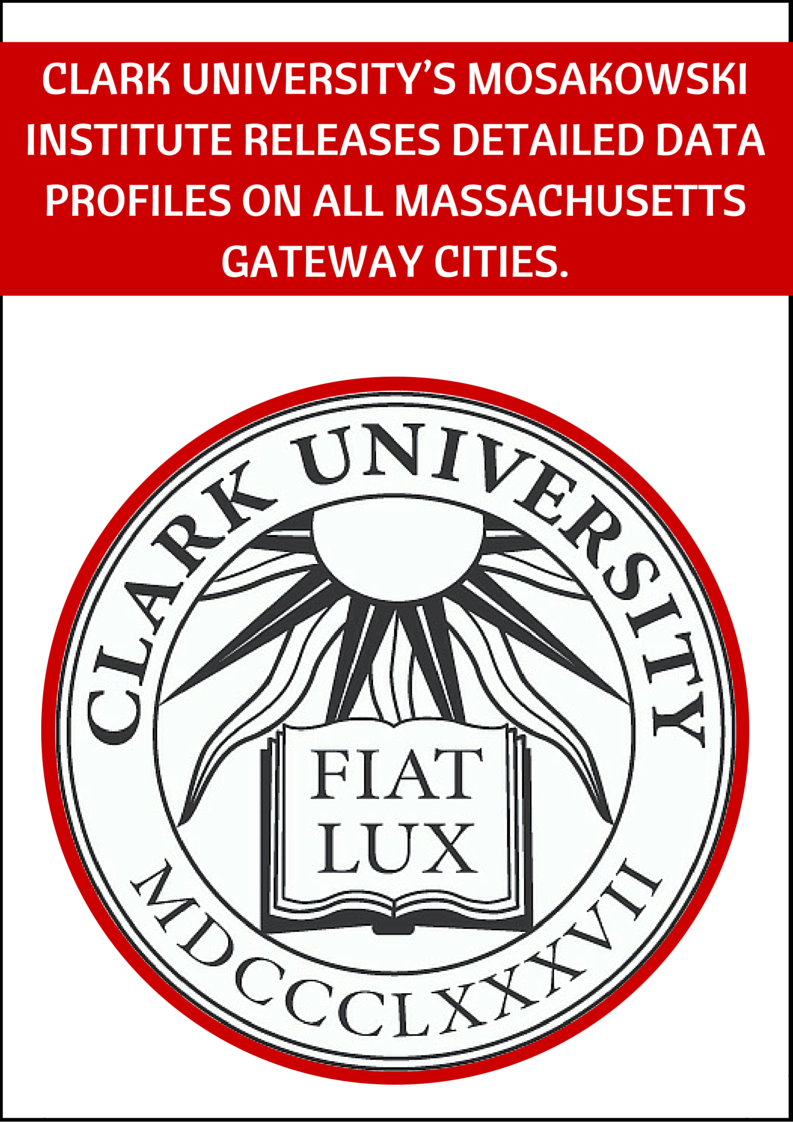Some key takeaways from the Housing Opportunities in Gateway Cities Forum
Last week, Gateway City housing leaders gathered in Worcester for a housing forum jointly sponsored by MassINC, the Worcester Municipal Research Bureau, and the City of Worcester. A fabulous contingent of state and local housing experts took on a range of problems and put forward substantive ideas to solve them. For those who weren’t able to join us, please see video below of all three panels, as well as addresses delivered by Lt. Governor Karyn Polito and Undersecretary Chrystal Kornegay.

While the forum was structured to examine housing from different vantage points (affordable housing, market-rate housing, and fair housing), three cross-cutting themes emerged:
Education
- School-quality drives real estate markets. There was strong consensus that increasing the performance of public schools (and the perceived quality of public schools) is the surest way to increase the value of Gateway City housing stock and spur reinvestment. This is particularly critical for small to midsize cities, where residential valuation is a much larger component of municipal revenue. And studies in Worcester demonstrate that successful Gateway City schools do significantly increase property values in the surrounding neighborhood.
- Adult education and job training stabilizes families. Our adult education and training system and our housing policies fail to recognize that moving families to financial self-sufficiency is achievable and beneficial for both the public and families. New models are emerging for integrating adult basic education with vocational training. Housing policy can encourage and support parents who pursue this opportunity by recognizing that it’s a long-term proposition.
- School leaders and housing leaders need to collaborate more. In Springfield and several other Gateway Cities, educators and housing leaders are collaborating. Despite federal leadership through both Choice Neighborhoods and Promise Neighborhoods, policymakers at the state level haven’t come together to exchange ideas and develop formal programs.
- Massachusetts lacks tools for scattered site neighborhood revitalization. Unlike other states, the historic tax credit is not available for the rehabilitation of owner-occupied housing. Massachusetts has struggled to make employer-assisted housing work in Gateway Cities. Despite legislative changes to reduce deed restrictions so homeownership programs are workable in Gateway Cities, very little homeownership production has occurred in recent years. NSP and the Attorney General’s settlement funds have been a blessing for Gateway Cities recovering from the foreclosure crisis, but these dollars are running out.
- Efforts are underway to address this problem. With MACDC’s leadership, the state is working on a new Community Scale Housing Program that could simultaneously provide neighborhood revitalization tools in weak market Gateway City neighborhoods and facilitate smaller developments to increase housing opportunity in strong market suburbs.
Funding
- Housing resources are scarce relative to the need. Massachusetts has both strong market challenges and weak market challenges. Available resources are insufficient to address both needs simultaneously. As MassINC’s latest research shows, housing is less than 10 percent of capital investment in Massachusetts. Incredibly, from FY 2009 to FY 2013, the state spent more funds erecting courthouse than it did helping all two dozen Gateway Cities address very real neighborhood revitalization needs.
- The future is unknown. While signs suggest the state is likely to increase funding for housing both in the administration’s capital spending plan and through pending housing production legislation, federal support for housing in the future is less certain.
***
This is just a sampling of the many great ideas explored last week (and admittedly, it’s heavily colored by the lens MassINC’s wears from past research). Peruse the videos below at your leisure and send thoughts on key takeaways that we missed.
Opening remarks from Lieutenant Governor Karyn Polito
https://www.youtube.com/watch?v=0MW5HP6FBNU
Keynote Address from Chrystal Kornegay, Undersecretary, DHCD
https://www.youtube.com/watch?v=kAynwaeCsas
Panel on Affordable Housing within the Housing Continuum
Moderator: Brenda Clement, Executive Director, CHAPA; Peter Gagliardi, President & CEO, HAP Housing; Ray Mariano, Executive Director, Worcester Housing Authority; Marc Dohan, Executive Director, NewVue Communities
https://www.youtube.com/watch?v=zgO-XtXjcMM
Panel on Catalyzing a Market for the Middle Class
Moderator: Michael Goodman, Executive Director of the Public Policy Center and Associate Professor of Public Policy, UMass-Dartmouth; Anne Haynes, Director of Transformative Development, MassDevelopment; Elyse Cherry, CEO, Boston Community Capital; Gilbert Winn, CEO, Winn Development
https://www.youtube.com/watch?v=5ZD6WiFaQns
Panel on Ensuring Inclusive Communities in the Gateway Cities & Beyond
Moderator: Jamie R. Williamson, Commissioner, MA Commission Against Discrimination; Charley Francis, Director of Policy, MA Dept. of Housing and Community Development; Genevieve Nadeau, Deputy Division Chief of the Civil Rights Division, MA Attorney General’s Office; Joe Kriesberg, President, MA Association of Community Development Corporations; Jeffrey M. Sussman, Program Compliance Branch Chief, US Department of Housing and Urban Development
https://www.youtube.com/watch?v=1XwbnBeUDo8
